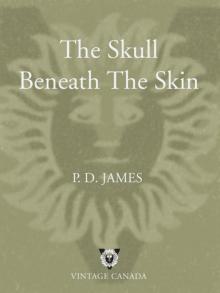 The Skull Beneath the Skin
The Skull Beneath the Skin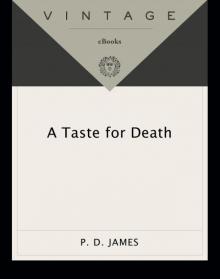 A Taste for Death
A Taste for Death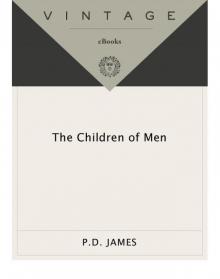 The Children of Men
The Children of Men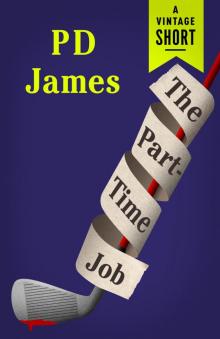 The Part-Time Job
The Part-Time Job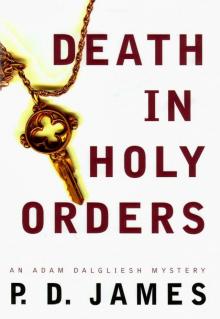 Death in Holy Orders
Death in Holy Orders The Victim
The Victim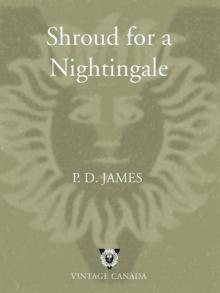 Shroud for a Nightingale
Shroud for a Nightingale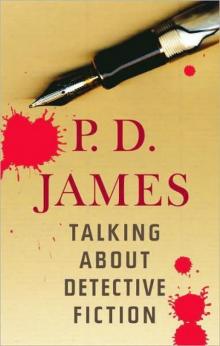 Talking about Detective Fiction
Talking about Detective Fiction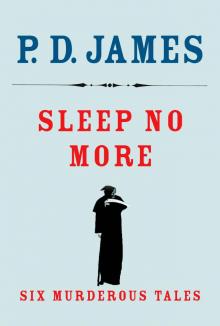 Sleep No More
Sleep No More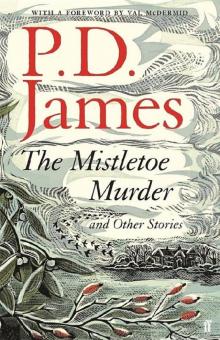 The Mistletoe Murder and Other Stories
The Mistletoe Murder and Other Stories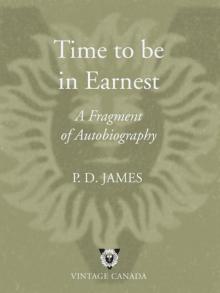 Time to Be in Earnest
Time to Be in Earnest Original Sin
Original Sin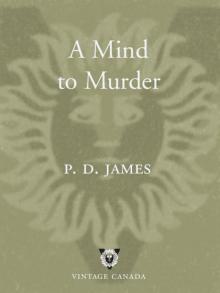 A Mind to Murder
A Mind to Murder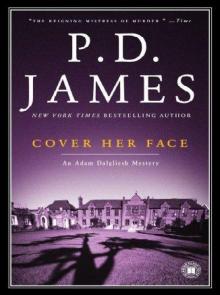 Cover Her Face
Cover Her Face Innocent Blood
Innocent Blood Devices and Desires
Devices and Desires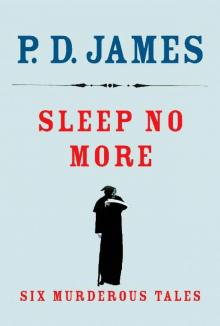 Sleep No More: Six Murderous Tales
Sleep No More: Six Murderous Tales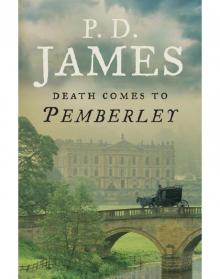 Death Comes to Pemberley
Death Comes to Pemberley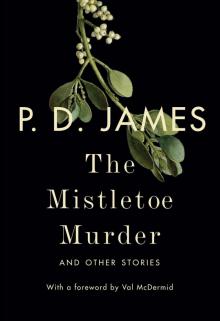 The Mistletoe Murder
The Mistletoe Murder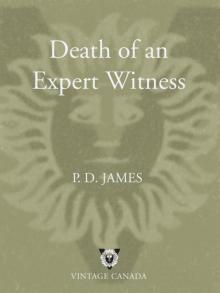 Death of an Expert Witness
Death of an Expert Witness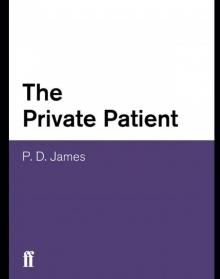 The Private Patient
The Private Patient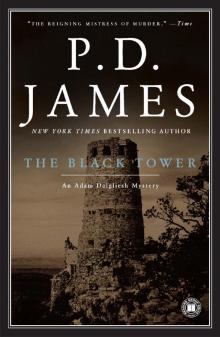 The Black Tower
The Black Tower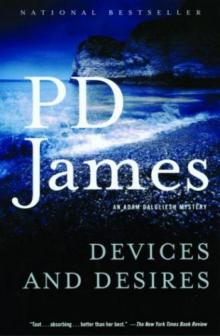 Devices & Desires - Dalgleish 08
Devices & Desires - Dalgleish 08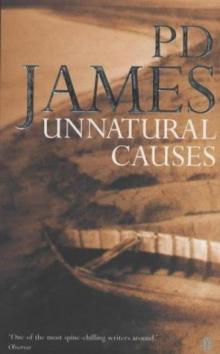 Unnatural Causes
Unnatural Causes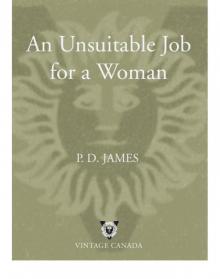 An Unsuitable Job for a Woman
An Unsuitable Job for a Woman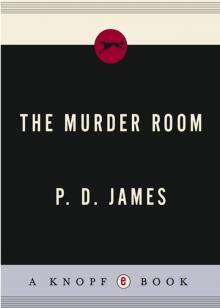 The Murder Room
The Murder Room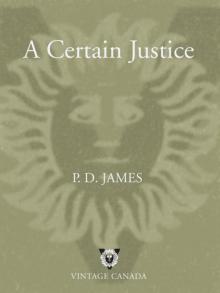 A Certain Justice
A Certain Justice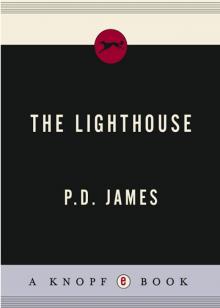 The Lighthouse
The Lighthouse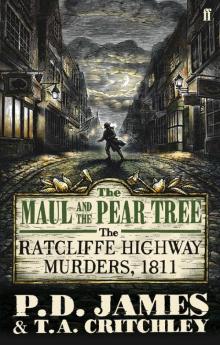 The Maul and the Pear Tree
The Maul and the Pear Tree